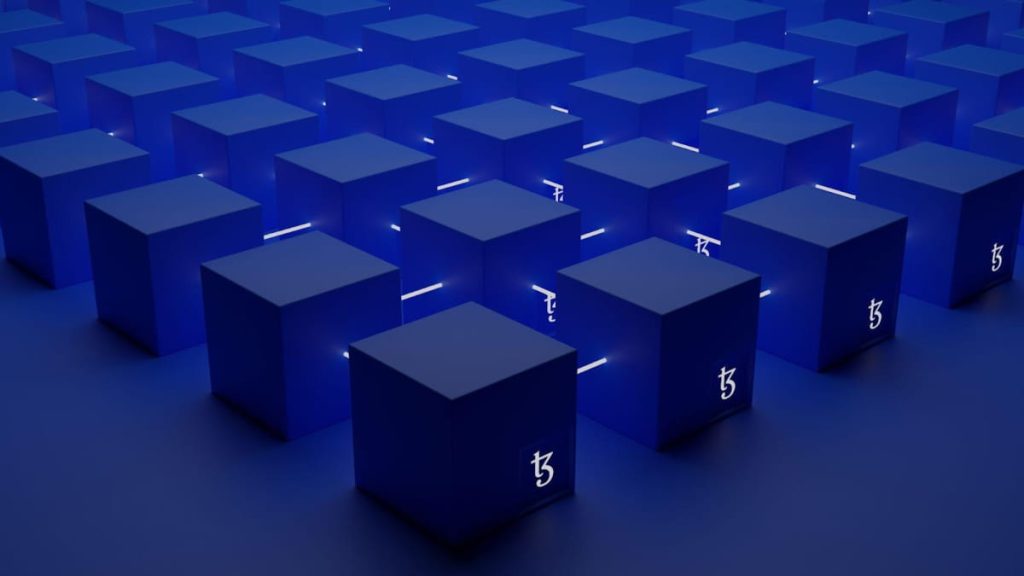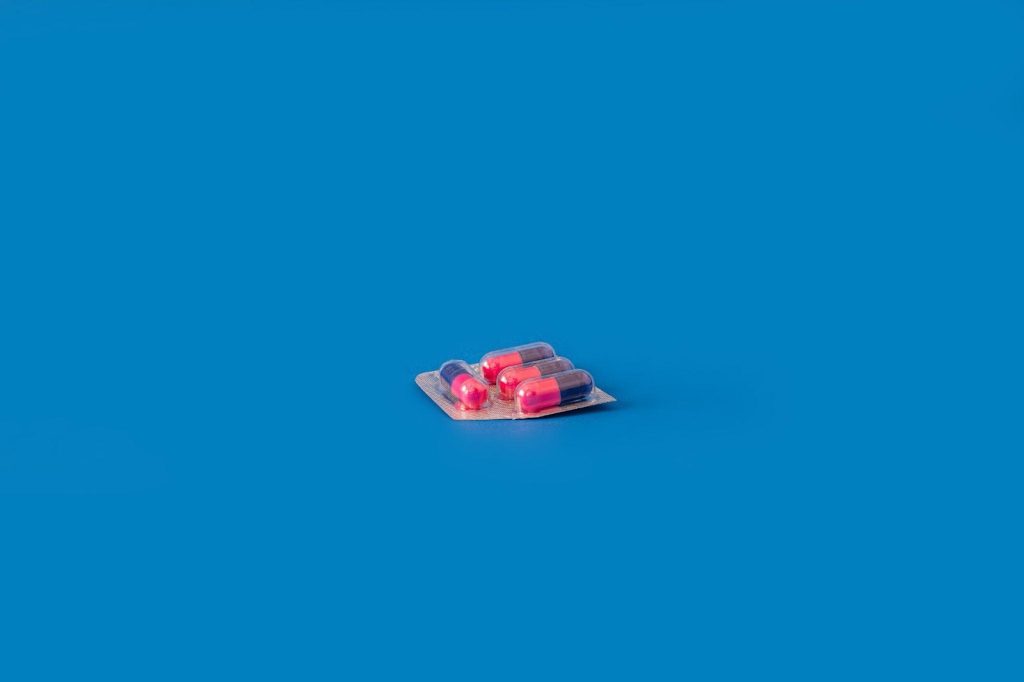
Blockchain technology has the potential to significantly alter a number of industries, including healthcare. The application of blockchain technology in the healthcare sector is being actively promoted by top blockchain platform VeChain. In this article, we’ll look at VeChain’s ground-breaking influence on the healthcare industry while highlighting its benefits and innovative solutions.
Increasing Data Privacy and Security:
Data security and privacy are essential in the healthcare sector, and VeChain’s blockchain technology provides several advantages in this regard:
Secure and immutable data storage:
- The Vechain blockchain offers a safe and unchangeable method of storing medical data. The integrity and validity of the data are guaranteed by the tamper-proof recording of each transaction or update to the blockchain.
- By prohibiting unauthorized access to, tampering with, or deletion of crucial medical information, this secure data storage protects against data breaches and preserves patient privacy.
Administration of Consent and Data Ownership:
- VeChain provides patients control over their health information through its consent management solutions. Patients can specifically enable healthcare professionals access to their data in order to promote transparency and provide them the power to manage their own personal health information.
- Thanks to VeChain’s blockchain, patients retain ownership of their data, and medical providers may access it securely and with authorisation. This tactic promotes confidence between patients and medical personnel while abiding with privacy rules.
Sharing of data and interoperability:
- Healthcare personnel may more easily coordinate patient care and share data thanks to Vechain’s usage of blockchain technology. Healthcare data saved on the blockchain may be safely accessed by authorized parties, such as hospitals, clinics, and research institutions.
- Vechain’s use of blockchain technology makes it easier for healthcare professionals to coordinate patient care and exchange data. Hospitals, clinics, and research institutes as well as other authorized parties may securely access healthcare data that has been preserved on the blockchain.
Supply Chain Management and medication Authentication:

VeChain’s blockchain technology is radically revolutionizing drug authentication and supply chain management in the healthcare industry.
Traceability of medications and medical equipment:
- VeChain’s blockchain enables end-to-end pharmaceutical and medical device traceability, guaranteeing the dependability and quality of these products. At every point of the supply chain, from manufacture to distribution, the blockchain enables stakeholders to trace and verify the origin, storage conditions, and transit history of medical products.
This traceability feature provides regulators and manufacturers with important insights into the supply chain to notice potential issues or recalls, improving patient safety and preventing the introduction of counterfeit drugs onto the market.
Using Smart Contracts to Improve Supply Chain Effectiveness
- Automation of supply chain operations and assurance of legal compliance are both made possible by VeChain’s smart contract feature. Smart contracts can be configured to take automated action in response to predetermined conditions, such as changes in temperature or expiration dates.
- These smart contracts boost efficiency, decrease human error, and streamline supply chain processes. Smart contracts, for instance, can automatically initiate warnings or actions in the case of pharmaceuticals that are temperature-sensitive, preserving the integrity of the drug and patient safety if the storage temperature exceeds the allowed range.
Healthcare Solutions that are Patient-Focused:
- The creation of healthcare solutions that are patient-focused is made possible by the VeChain blockchain technology. VeChain gives patients more control over their healthcare experience by securely storing and maintaining patient health information, treatment plans, and medical histories.
- Patients have access to their health information, may share it with medical professionals, and can take part in individualized treatment programs. This patient-centered strategy enhances outcomes, patient involvement, and care coordination, which ultimately results in improved patient experiences.
The adoption of blockchain technology in the healthcare industry is being significantly aided by VeChain. VeChain is strengthening patient-centric solutions, supply chain management, data security, and privacy, which is fostering innovation and providing the healthcare sector a host of advantages. VeChain is revolutionizing healthcare processes with its cutting-edge blockchain technology, enhancing patient outcomes, and promoting stakeholder cooperation. VeChain’s influence on healthcare is anticipated to become much more as it develops. Additional ways VeChain is influencing the future of healthcare include the following:
Clinical Trials and Research:
Photo by Louis Reed on Unsplash
- Clinical testing and research might be revolutionized by VeChain’s blockchain technology. VeChain facilitates transparency, data integrity, and collaboration among researchers, pharmaceutical firms, and regulatory agencies by securely storing and exchanging research data, procedures, and findings.
- Blockchain technology has the potential to improve the efficiency of data collecting, patient safety monitoring, and protocol adherence in clinical trials. Additionally, it guarantees the accuracy and traceability of clinical trial data, fostering confidence and hastening the creation of novel medications and treatments.
Integration of medical IoT:
- The Internet of Things (IoT) devices used in healthcare can be smoothly integrated with VeChain’s blockchain technology.
VeChain allows real-time monitoring, data collecting, and analysis by integrating wearables, sensors, and medical equipment with the blockchain. - With the help of this connection, medical professionals may remotely monitor patients, keep tabs on their vital signs, and get notifications when anything is out of the ordinary. Additionally, it makes it possible for IoT-generated data to be securely stored on the blockchain, assuring data integrity and avoiding manipulation.
